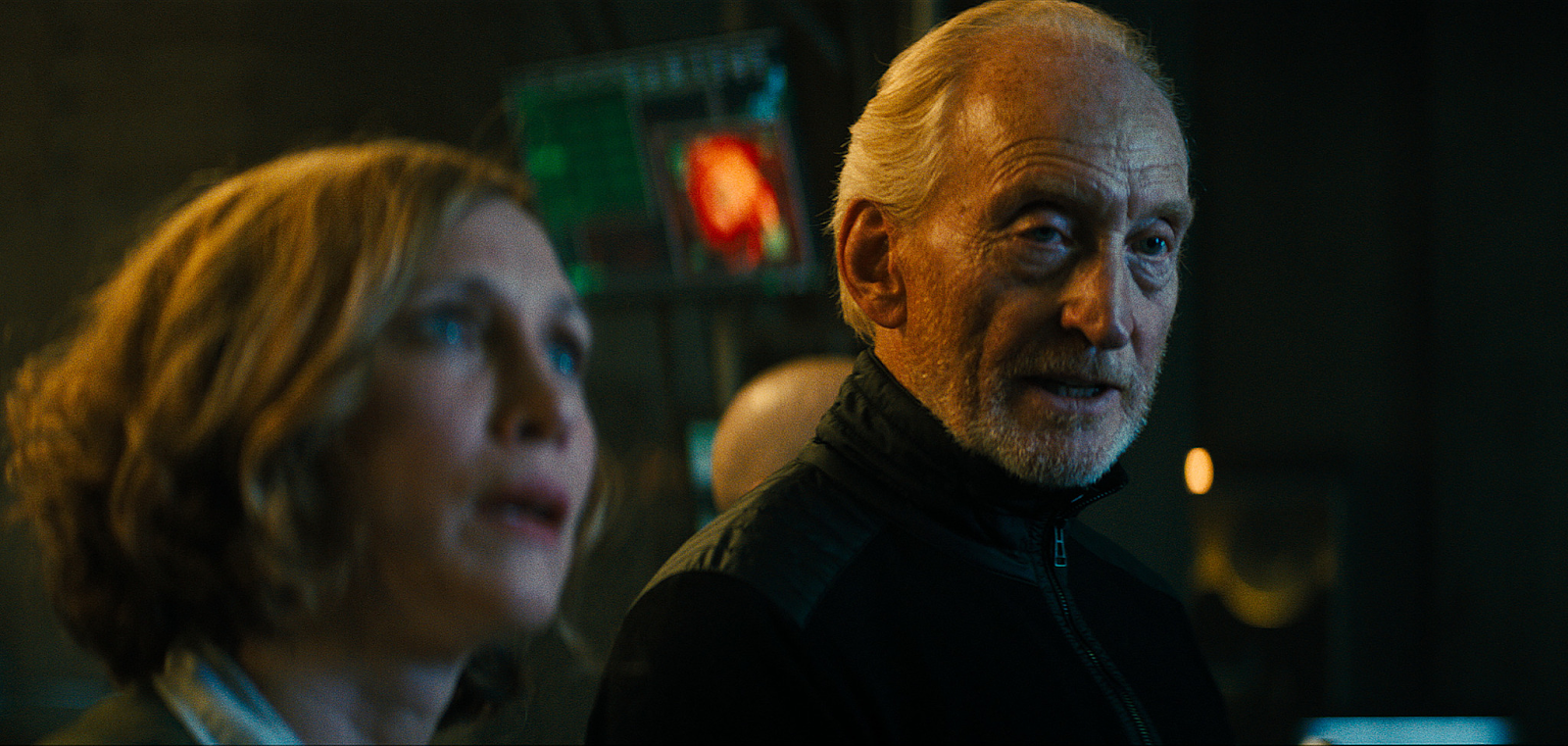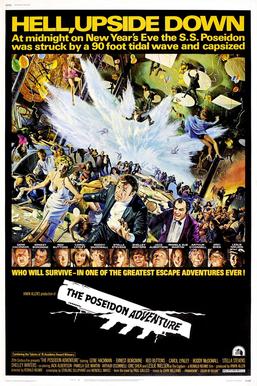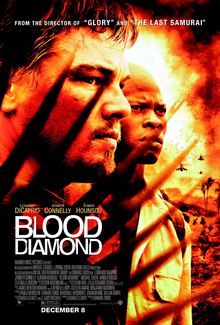This review is part of the Summer Under the Stars Blogathon. Today's star is Shirley Jones.
Nothing succeeds like success. After The Poseidon Adventure became a massive hit, it is not a surprise that a sequel followed. Perhaps seven years was too long a wait. Perhaps that was also the first sign that Beyond the Poseidon Adventure was going to be a disaster, but not in the good way. Not exactly a remake per se, Beyond the Poseidon Adventure is neither fun nor exciting.
It is right after the Poseidon capsized on New Year's Day when the tugboat Jenny comes upon it. The Jenny's three crew, having survived the same storm that threw the Poseidon over, see that they can claim salvage rights to the Poseidon. Jenny's captain, Mike Turner (Michael Caine) is eager to find anything in the Poseidon that will get him to pay his debts and save the Jenny. His second-in-command, Wilbur (Karl Malden) is also excited on the salvage prospects. Their passenger, the ever-perky Celeste (Sally Field) goes along with this because she has no choice.
Once near the Poseidon, the Jenny crew are surprised to find another ship coming alongside the Poseidon. It is the Greek medical ship Irene, headed by Dr. Stefan Svevo (Telly Savalas). He claims to have received the Poseidon's S.O.S. and search for more survivors. Pulling their resources, the Irene and Jenny crew go into Poseidon. Here, they find more survivors. The first group is made up of nurse Gena Rowe (Shirley Jones) and passengers Frank Mazzetti (Peter Boyle) and Suzanne Constantine (Veronica Hamel).
Frank is desperate to find his daughter Theresa, and fortunately Theresa (Angela Cartwright) did survive. She is found in the purser's office, alongside hunky elevator operator Larry Simpson (Mark Harmon) and Dewey "Tex" Hopkins (Slim Pickens). Tex has a bizarre fixation for a Baune 1865 wine that he found, saying that there are only six in the world. Despite the diamonds, gold and cash around him, Tex thinks the wine is worth far more and will not let it go. Eventually, they come upon two more survivors: Harold and Hannah Meredith (Jack Warden and Shirley Knight). They seem almost resigned to die, as Harold is blind and will not leave, causing Hannah to refuse to leave him. They are talked into joining the others in a bid for life.
The Greek medical team splits from the Jenny trio, who mix their salvage search for a rescue of the Poseidon survivors. There is in truth a malevolent reason for not trusting the Greeks. Far from being rescuers, Svevo has come in search of what we eventually discover is plutonium, along with arms for smuggling. Svevo has an inside person among the survivors, but this agent will not live to reveal anything. After the inside person's body is found, the survivors fear that there is a serial killer aboard. Svevo cannot let anyone outside his circle live. Who will make it out Beyond the Poseidon Adventure?
Irwin Allen pulls double duty as both producer and director in Beyond the Poseidon Adventure. That should have been the second sign that the film was going to be wildly misguided, or perhaps misdirected. There is no sense of danger or menace to be found. Instead, you see a lot of actors floundering about (no pun intended). Allen as a director could not build up suspense or danger or interest in what was going on. So many scenes look as if not even the actors are taking things seriously.
Savalas seems to be having a grand time being a villain. He apparently decided that it was better to make Svevo into a calm villain. Savalas never rages or rants. He is quite rational, cooly detached from things. He is a highlight of Beyond the Poseidon Adventure, as if he accepted that this was a nice paycheck. Bless Shirley Jones, who also managed to play scenes straight even while having to say idiotic things. "If Captain Turner's right and there is a homicidal maniac on board this ship and it's not Dr. Svevo then he's in as much danger as we are" she scolds I believe Mazzetti. Any actress who could get through such a line without breaking out into laughter deserves credit.
As a side note, wouldn't even homicidal maniacs be more interested in saving their own lives than in going on murderous sprees if they are trapped on a sinking ship?
I think a major problem with Beyond the Poseidon Adventure is that, unlike the original, we get very little chance to know the characters. If anything, we are given little bits about who these people are. Blind. Perky (irritatingly so). Whiny. Loud. Bossy. Murderous. As such, there is no sense of why we should care. That may also be why more often than not, we would not mind seeing some of these people die.
That is the case with Sally Field's Celeste. Put aside for a moment that for the longest time we did not learn her name (if memory serves right, she was referred to as "Honey"). Right from the get-go, you sense that Celeste is a dimwit who would be better off being left aboard the Poseidon. How else to explain how her idea of "helping" during the storm was to smash the tugboat's window? To be fair, she did not intentionally smash it. However, why did she think that using a coatrack would help in the situation? Beyond the Poseidon Adventure wants to suggest some kind of romance will eventually evolve between Celeste and Mike. It is a strange suggestion given that Captain Mike is pretty contemptuous of Celeste and understandably so.The film ends with Celeste pulling out a large diamond after they have lost the rest of the treasures that they managed to salvage. Mike looks at our perky (VERY perky) heroine. "Gonna kiss me now?", she asks. "I was gonna kiss you anyway", he replies. That may be the most eye-rolling bit of dialogue from Nelson Gidding's adaptation of Paul Gallico's novel. However, other elements fail to keep us interested.
Peter Boyle was affected by being one of the one-note characters. I think that he might have been the new Rogo from The Poseidon Adventure, the one who questioned every decision and was crabby about it. However, while I think that Boyle tried, the end result was more laughable than interesting. It takes, I suppose, a lot of work to be out-acted by Mark Harmon, but there it is. Stabs at pathos, such as with Karl Malden and Slim Pickens' characters, also fall flat. Tex's true identity, along with his refusal to let go of the bottle, were more absurd than moving. To be fair, I did admire Tex's devotion to his wine.
I don't know if, unlike Boyle, Michael Caine tried to make any of this serious. Predating his open cash grab role in Jaws: The Revenge by eight years, Caine seems to have problems when in stories involving water. He barked a lot and was given a pretty thankless role, so to speak. Maybe he did the best he could with it. Or maybe he realized that Beyond the Poseidon Adventure was silly and opted to roll with it.All of that, I suppose, could be forgiven if Beyond the Poseidon Adventure were action-packed. There were efforts at that with shootouts and an explosion to top off the film. However, they were not exciting. They seemed to be more play than real. I am also curious about the plutonium found on the Poseidon. Again, I won't wade into the waters as to why the Poseidon was being used to smuggle arms and plutonium, especially given that this was going to be the Poseidon's final voyage.
The Poseidon ultimately explodes due to the damage the ship has. I do not recall that Svevo's men managed to get the plutonium's container aboard the Irene before the explosion. Even if they did, I figure that the ferocity of the Poseidon's explosion would have taken the Irene out. As such, shouldn't the plutonium have also exploded? If it did, how did anyone manage to escape?
Oh well, perhaps that is thinking too much on things. Beyond the Poseidon Adventure is a misguided effort to keep things going from the first film. To misquote a lyric from West Side Story, let Beyond the Poseidon Adventure sink into the ocean.
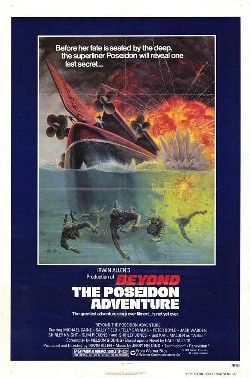






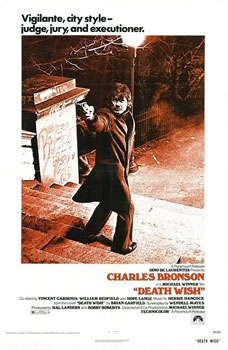


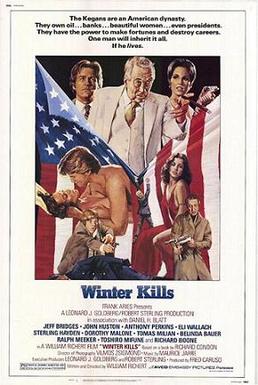





_trailer_2.jpg)




.jpg)




_poster.png)

